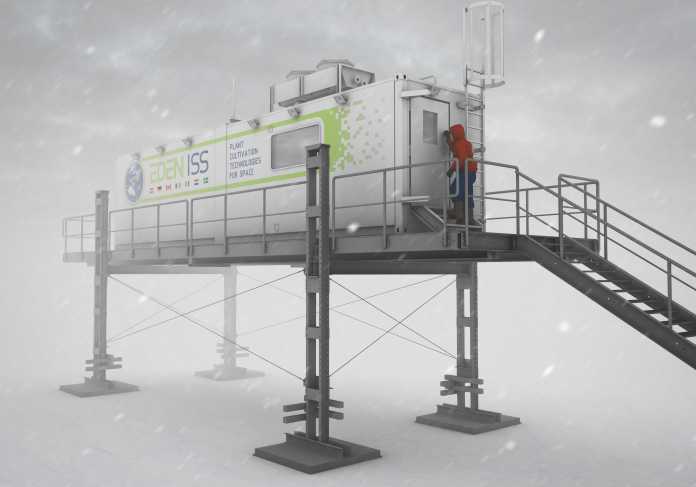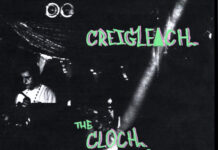
PLANTS destined for life on Mars and cultivated by scientists at the Limerick Institute of Technology (LIT) will arrive in Antartica over the coming weeks to be tested in extreme temperatures replicating those on the red planet.
A state-of-the-art plant cultivation facility known as the EDEN-ISS Future Exploration Greenhouse (FEG) will house the specially cultivated plants and this was also designed and built by the Limerick scientists and their EDEN-ISS partners.
The LIT team are members of the CELLS (Controlled Environment Laboratory for Life Sciences) Research Group whose mission is to explore new plant cultivation technologies for safe food production in space.
The Antartic larder includes more than 15 different crop species, including tomato, pepper and cucumber, three different types of lettuce (two green, one red leaf) radish, spinach, a variety of herbs (basil, chives, parsley, mint, coriander) and strawberry.
Seeds from a number of add-on crops, that are not part of the current production plan, were also taken to Antarctica such as cabbage, cauliflower and red beet.
LIT is part of the EDEN ISS consortium which is comprised of 14 leading European, Canadian and US-American universities, research institutes, corporations and SMEs and is funded under the European Commission’s Horizon 2020 Funding Programme.
Michelle McKeon Bennett, Head of Department of Applied Science at LIT and founder of the CELLS Research Group said, “At LIT we have been cultivating the plants chosen for use beyond terrestrial grounds since 2009 in our purpose built research facility for space and plant life sciences.
“We were tasked with ensuring the plants grow and thrive in space, and in other environments with limited resources. We have also worked to ensure that the food produced is of high organoleptic and nutritional quality and is safe to consume.
“The cultivation system used for these plants is unlike any other systems used today in standard greenhouse horticulture, as all resources needed to grow the plants must be recycled from within the facility itself, including air, nutrients, water and energy.
“It has also been our responsibility to test these plants to ensure that they have a nutritional value, are palatable and of course are not producing any toxins,” she added.
Ms McKeon Bennett, who was seconded to NASA’s Kennedy Space Centre (KSC) in 2003 as a research fellow for more than a year, explained, “In Antarctica, the EDEN ISS test facility or FEG will house the plants tested in LIT and will undergo a one-year test campaign.
“We expect to have samples from these plants returned to LIT next October and November for further analysis and testing, and so that we can compare data with that obtained during the pre-mission phase in LIT,” she explained.










